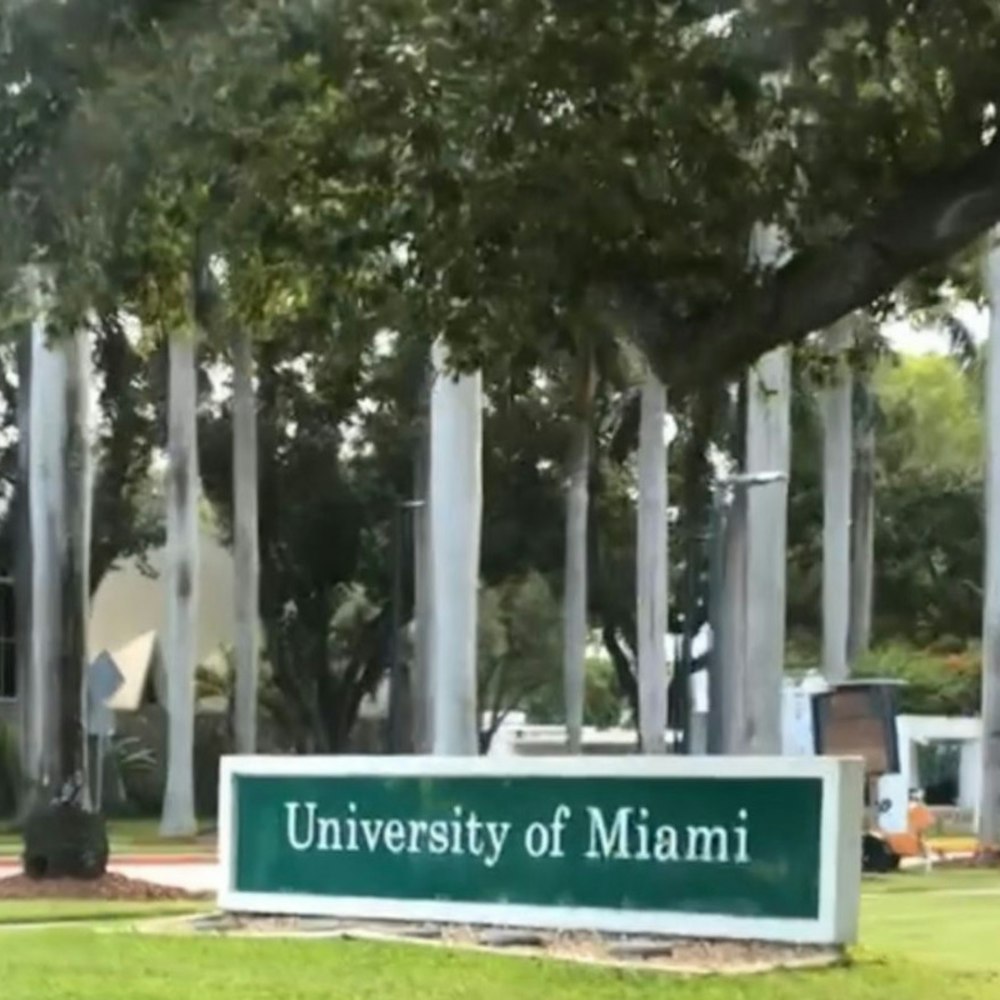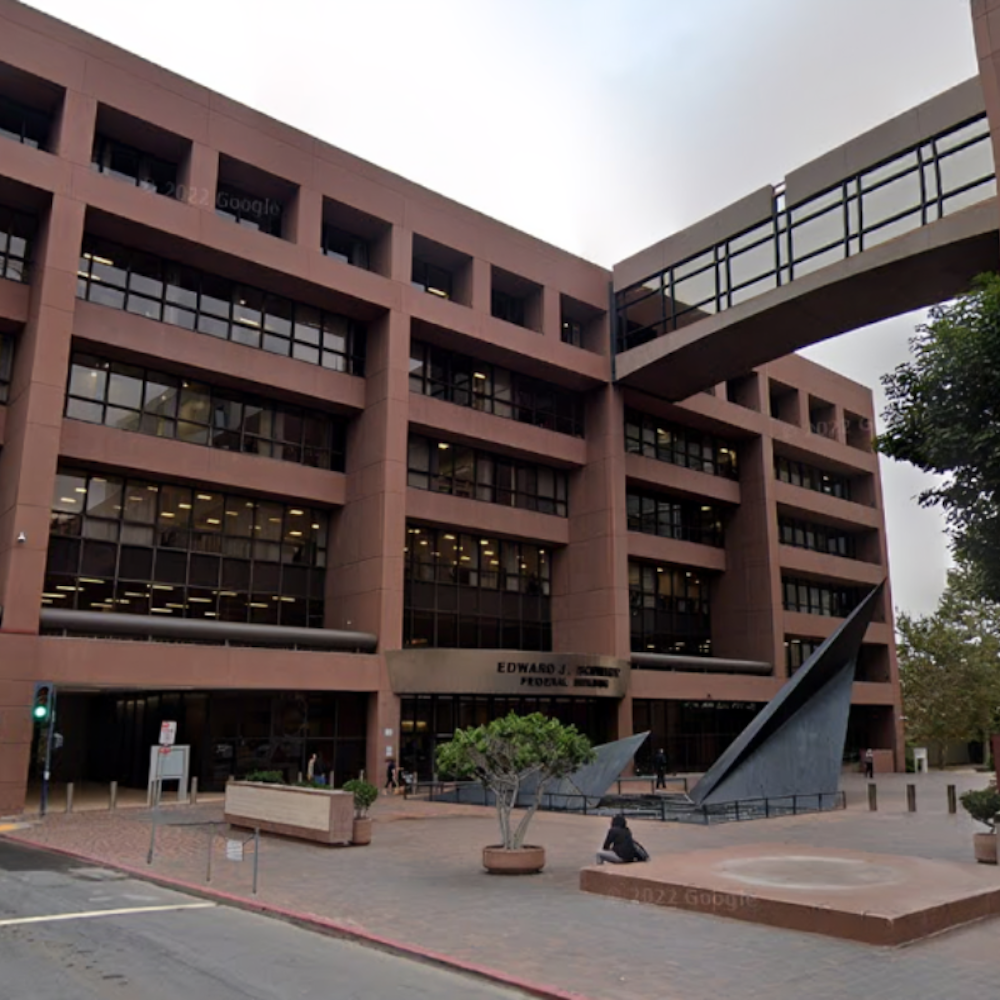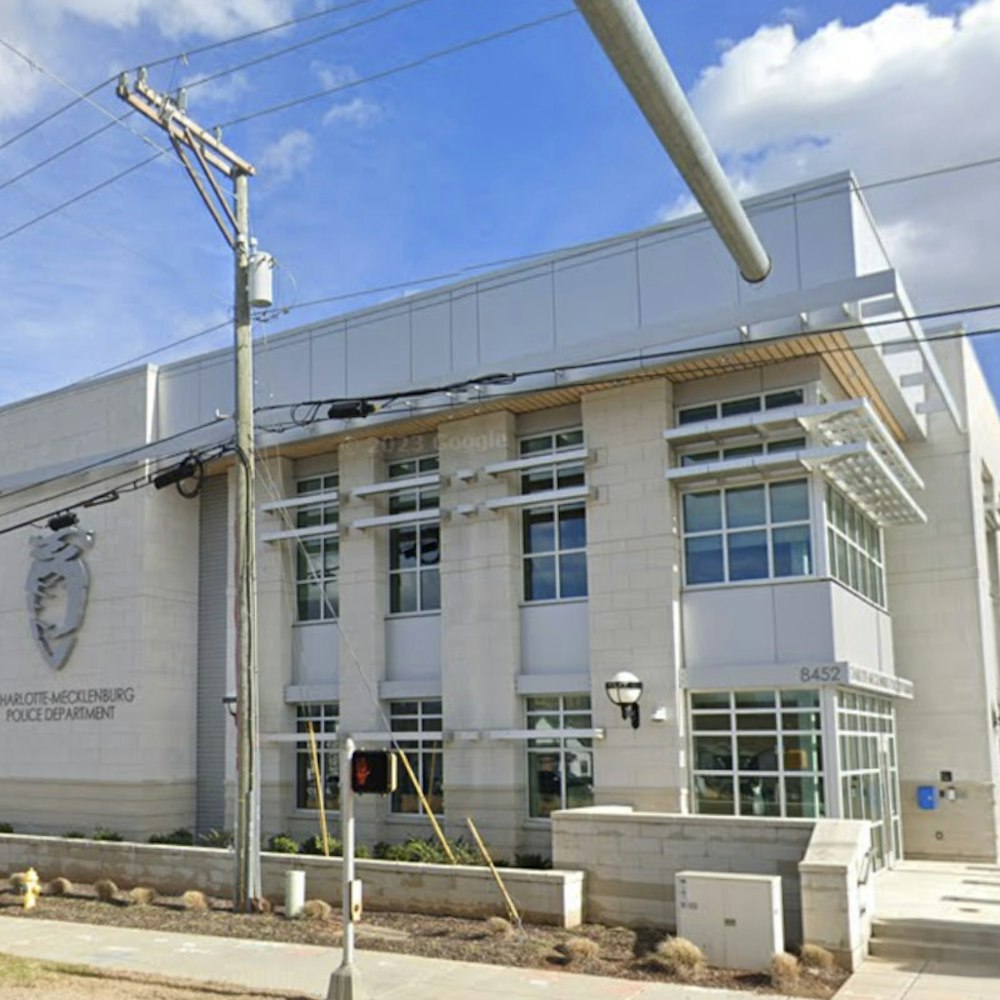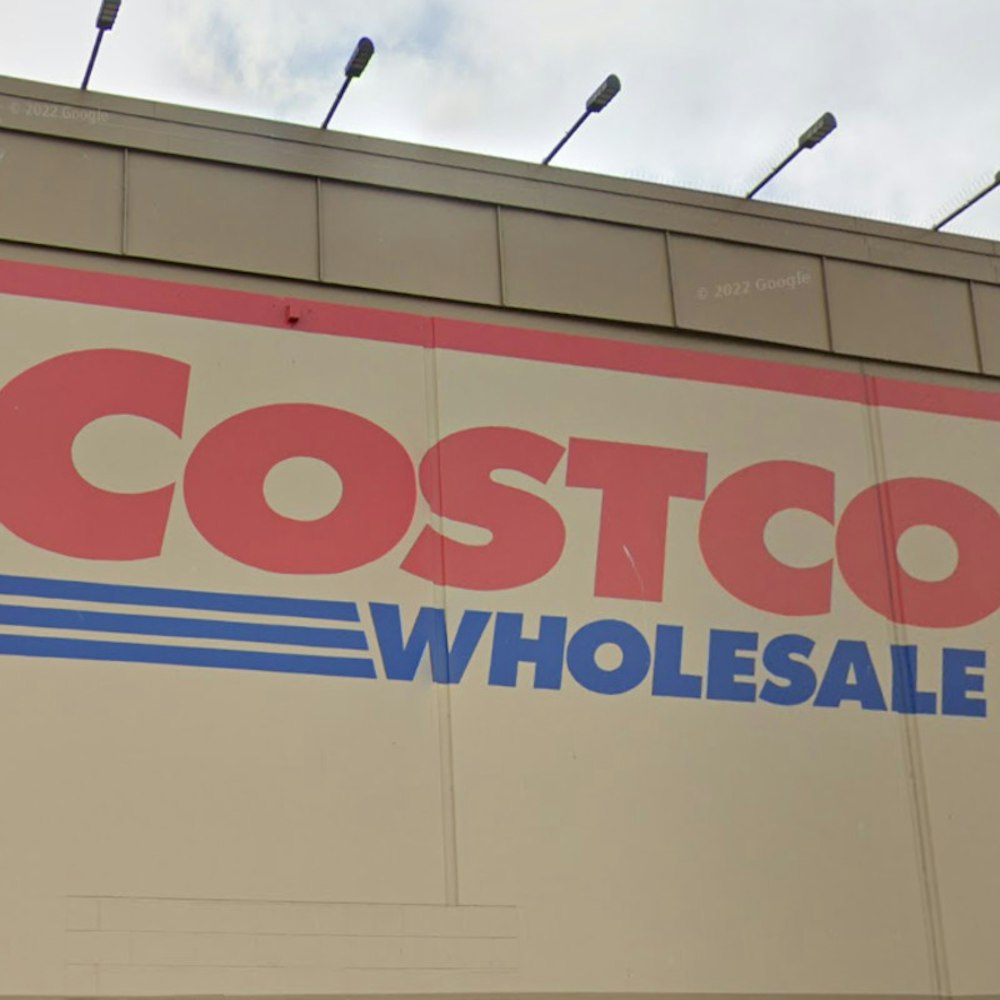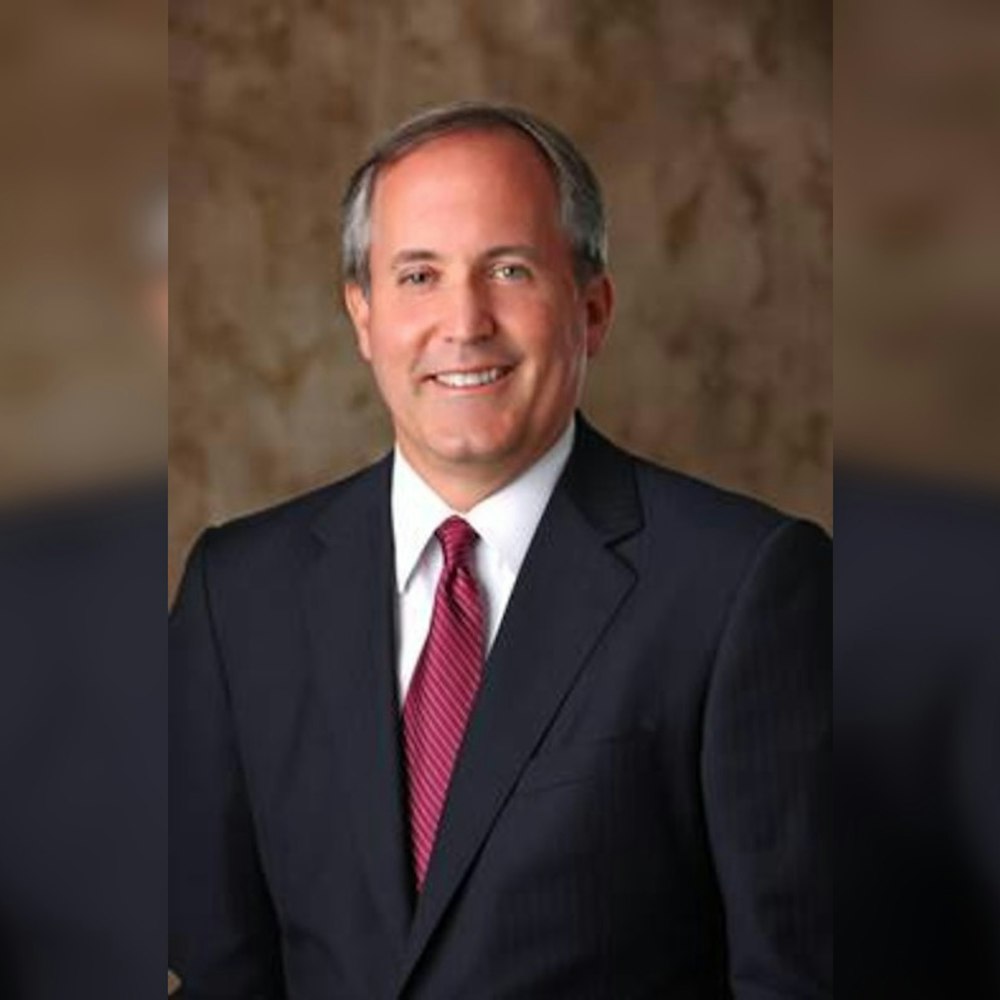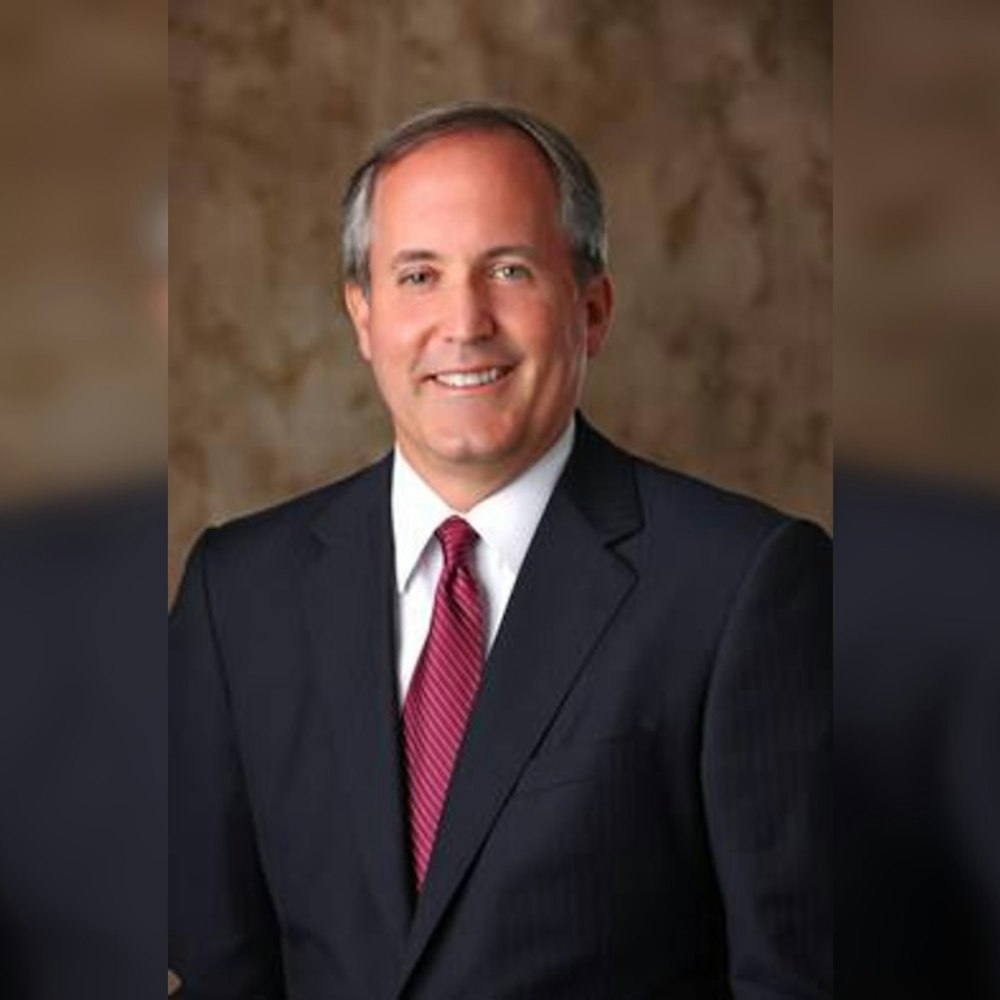
The U.S. Supreme Court has ruled in favor of Starbucks in a labor dispute known as the "Memphis 7" case, where seven employees claimed they were dismissed for their attempts to unionize a Memphis store in 2022. This verdict, set to impact the ability of the National Labor Relations Board (NLRB) to step in during union organizing campaigns, sends a clear message about the court's stance on current labor issues. Action News 5 reported the Supreme Court's decision is considered a setback for the NLRB, an agency whose mandate is to protect workers' rights.
The Memphis 7, dismissed in February 2022, have since garnered significant attention as symbols for union supporters. Justice Clarence Thomas, who authored the opinion, articulated that the NLRB's sought-after standard would make it too easy for the government to always prevail in disputes with employers. CNN outlined Thomas's view that the approach would require courts to "deferentially ask only whether the Board offered a minimally plausible legal theory," which could largely disregard opposing facts.
Despite the legal loss, Nabretta Hardin, a former Starbucks employee and member of the Memphis 7, maintained that their commitment to workers' rights remains unwavering. Hardin was quoted by Action News 5, saying, "It's sucks because now it makes it even harder for workers like me... if I am discriminated against." Nevertheless, she affirmed their intention to continue being a "megaphone for people who can't speak up for themselves," irrespective of their employment status.
Following this development, Starbucks has expressed approval for the Court’s ruling, highlighting the importance of consistent federal standards. The Supreme Court's decision not only upholds the terminations by Starbucks but also signifies a curb on the NLRB's authority, potentially redefining the landscape for employee organization efforts. Justice Ketanji Brown Jackson’s opinion, as The New York Times noted, concurred in part with the judgment but dissented on other elements of the case, suggesting not all justices are in complete agreement on this complex issue.
The case, emblematic of the challenges faced by the labor movement and organizational drives across the country, also reflects the heightened scrutiny the NLRB faces in its role as a mediator in employer-employee conflicts. As labor activities continue to rise in the backdrop of such decisive rulings, the dynamics between workers aiming to unionize, federal agencies, and corporate interests are bound to be closely watched by various stakeholders within the American labor sphere.
-1.webp?w=1000&h=1000&fit=crop&crop:edges)
